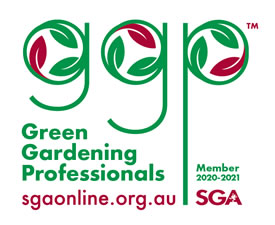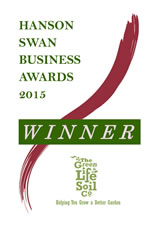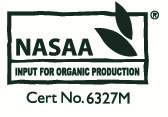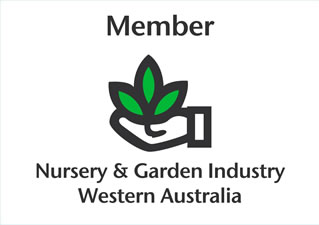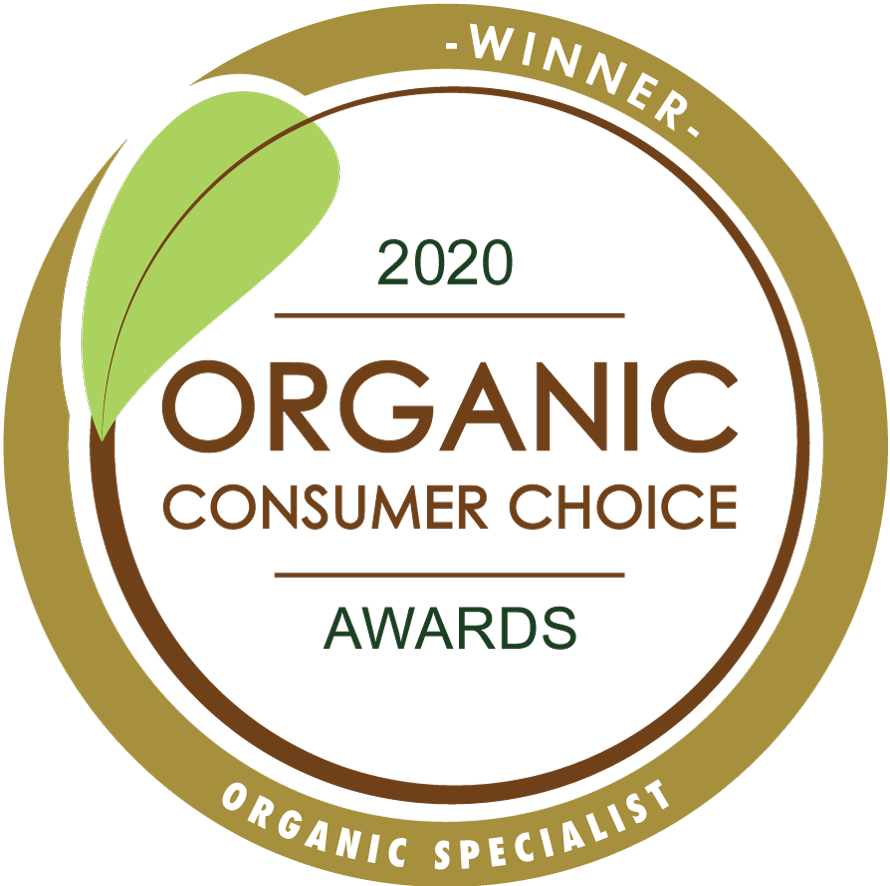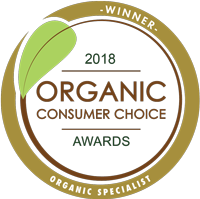| item(s), Total: $0.00 View Cart |
| Shopping cart is empty. |
Speaking of fabulous team members - WE ARE HIRING! We have a vacancy for a retail star approx 30+ hours/week. Around this time of year the Nyoongar season transitions to Kambarang - the season of birth. The wildflowers are abundant, many native animals are rearing their young (it's magpie swooping season!), and we're starting to experience some warmer weather. It's a lovely time to get out into the local bush and see what you can find. Be on the lookout for reptiles though - as they're emerging with the warmth. SPRING - It's a busy time in the garden & it's super busy at GLSC - so thank you for your patience if you're coming in to store or organising a delivery. This October we'll be at the Perth Garden Festival (27-30th October) at Langley Park in the city. Look for us at Stand #19. We'll have mushroom farms, worm castings, and various minerals & amendments available; along with information and displays on many more of our products and soil mixes. Come along, enjoy the day out looking at plants and garden related exhibits, and enjoy the free talks and workshops on offer - there's a very full program! If you're looking at going - buy tickets on line to save. Speaking of inspiration; we hope this month's newsletter will get you itching to be in the garden. Linda & the team. PS: VOTE for us - PLEASE!!!Vote for us - we need your help. The Green Life Soil Co is once again nominated in the Australian Organic Consumers' Choice Awards. We've won it in 2018, 2020 - so let's hope we can do it again in 2022. Please click on the link:https://www.organicweek.net.au/core/organic-consumer-choice-awards/online-voting/ and then select "Organic Specialist" to cast your vote. Hurry - voting closes midnight (AEDST) 13th October. In this newsletter:Jobs to do in the October Garden Jobs to do in the October garden
What to Plant NOW
Asian greens (Bok Choi/Tatsoi etc.) Artichoke (globe - pictured right), Basil, Beans, Beetroot, Broccoli, Capsicum, Chilli, Carrot, Celery, Celeriac, Choko, Cucumber, Eggplant, Ginger, Kale*, Kohl rabi*, Leek, Lettuce, Melons, Okra, Parsnip, Pumpkin, Radish, Rocket, Rosella, Silverbeet, Spring onion, Squash, Strawberries, Sweet corn, Sweet potato, Tomato, Turnip, Zucchini. * these vegies are often better grown in cooler weather; if planting now, make sure you have a protected spot (they'll bolt to seed if too hot), and watch Kale/Kohl rabi in particular for caterpillars which are more active in the warmer months - insect netting is highly recommended. There's also HEAPS of herbs that will flourish at this time of year - Basil, Chives, Oregano, Mint, Parsley, Thyme, Sage, Comfrey, Borage - just to name a few! Within each of these, there's multiple varieties available - so get creative and get a herb garden growing for your summer entertaining garnishes and tasty treats. You don't need a lot of space (a pot on your verandah will do!) to reap the rewards. If you have room around your garden, add in some flowering annuals. They'll help bring in pollinating and other beneficial/predatory insects, as well as providing colour and decoration. At this time of year consider Alyssum, Calendula, Cosmos, Lobelia, Petunias (and as an added benefit - if you plant the white variety, their fluttering petals help confuse the cabbage butterfly!), Portulaca, Sunflowers - there's heaps more; just ask us (or your local independent nursery). We've got heaps of fact sheets on specific vegies & growing information for Perth and WA freely available - check out our 'Learn' tab on our website. The (Almost) A - Z of Plant Nutrition
pH plays an important role in the availability of nutrients in the soil - if you'd like to understand how this works a little more, see our fact sheet here. To understand what nutrients you're feeding your plants, check your fertiliser labels. At a minimum, you'll see a breakdown of 'NPK' (for example). The availability of nutrients to your plants depends on many factors, and balance is always important. Over supply of particular nutrients can lead to toxicity and imbalance - as detrimental to plant growth as deficiencies are! As organic gardeners, we aim to provide a range of nutrients in a variety of ways - composts, aged manures, rock minerals, fish and kelp fertilisers. Recycling plant material (food waste, worm castings or green manure) and changing it up from time to time ensure we give our gardens a varied diet. The advantage of this is it tends to be gentle - it's what nature has always done - it's slower than feeding with a cocktail of quick acting sulphate fertilisers; but it tends to encourage healthier soils in the long term. Nitrogen (N) Phosphorus (P) Potassium (K) Calcium (Ca) Sulphur (S) Magnesium (Mg) Minor nutrients are vital for various plant functions, but they're needed in much smaller amounts again.
Copper (Cu) Zinc (Zn) Boron (B) Molybdenum (Mo) Cobalt (Co) Selenium (Se)
And then there's the elements under our nose (literally) that we never see - Carbon (C), Hydrogen (H) and Oxygen (O) - which are essential to plants but are always in abundance - provided we water our plants and don't keep them in a vacuum! Soil nutrition can seem very complex. How do you know what your soil might need? You can look for deficiency symptoms in plant growth, and use a reputable guide to help you narrow down possibilities (posting photos on Facebook may or may not be helpful - you have been warned). A bit of sleuthing is helpful too - consider surrounding conditions, water sources, weather conditions, pest/disease options to narrow down the problem. USUALLY assessing your soil's pH is the first step. Then, if there are no other obvious circumstances affecting the growth of your plants, applying sensible quantities of a complete balanced fertiliser at the right time of year should help. Laboratory testing can give you an insight into your soil - but it is only ever a snapshot in time; which is why commercial growers often do seasonal testing to keep track and to plan fertilising regimes. In order to build healthy soil, unless you have major issues in your garden, it is enough to continue good soil building practices and using mulch. The quantity of organic material, the physical structure, and moisture in your soil has a direct bearing on microbial activity - which is hugely important. While I haven't touched on it in this article, many elements are made available to plants ONLY through the activity of bacteria and fungi in the soil, and delivered via available water - so to quote Dr Paul Hepperly from the Rodale Institute:
|

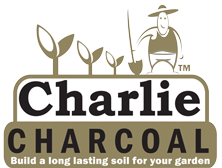

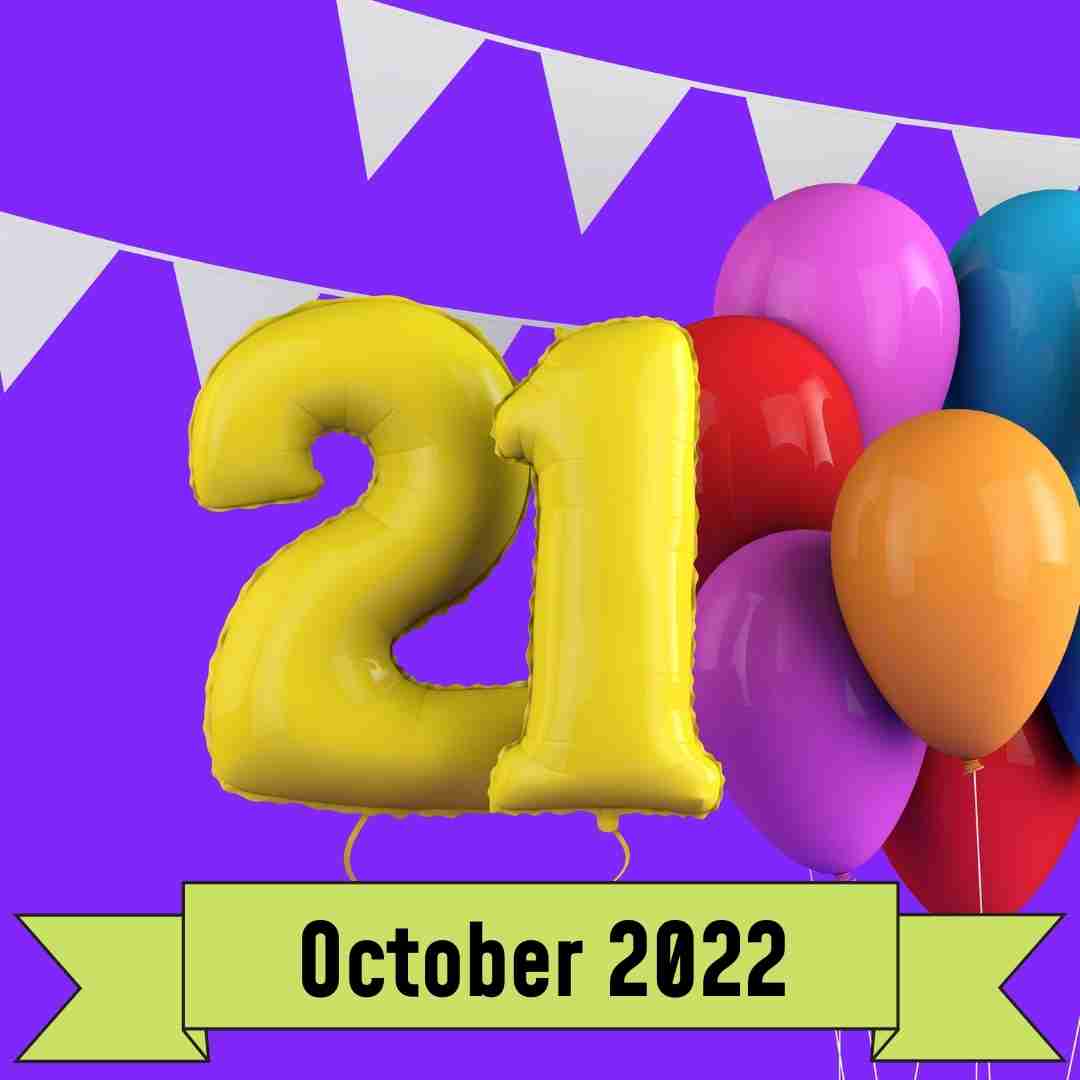 Here we are in October - Spring has well and truly sprung; and hasn't it been lovely to enjoy the sunshine? I'm not sure where the years go to - but this October marks TWENTY ONE YEARS that Paul & I have been in business. Quite a milestone, I'm sure you'd agree! But THANK YOU for being part of the journey - without our loyal customers and our fabulous team members, we never would have made it this far.
Here we are in October - Spring has well and truly sprung; and hasn't it been lovely to enjoy the sunshine? I'm not sure where the years go to - but this October marks TWENTY ONE YEARS that Paul & I have been in business. Quite a milestone, I'm sure you'd agree! But THANK YOU for being part of the journey - without our loyal customers and our fabulous team members, we never would have made it this far. 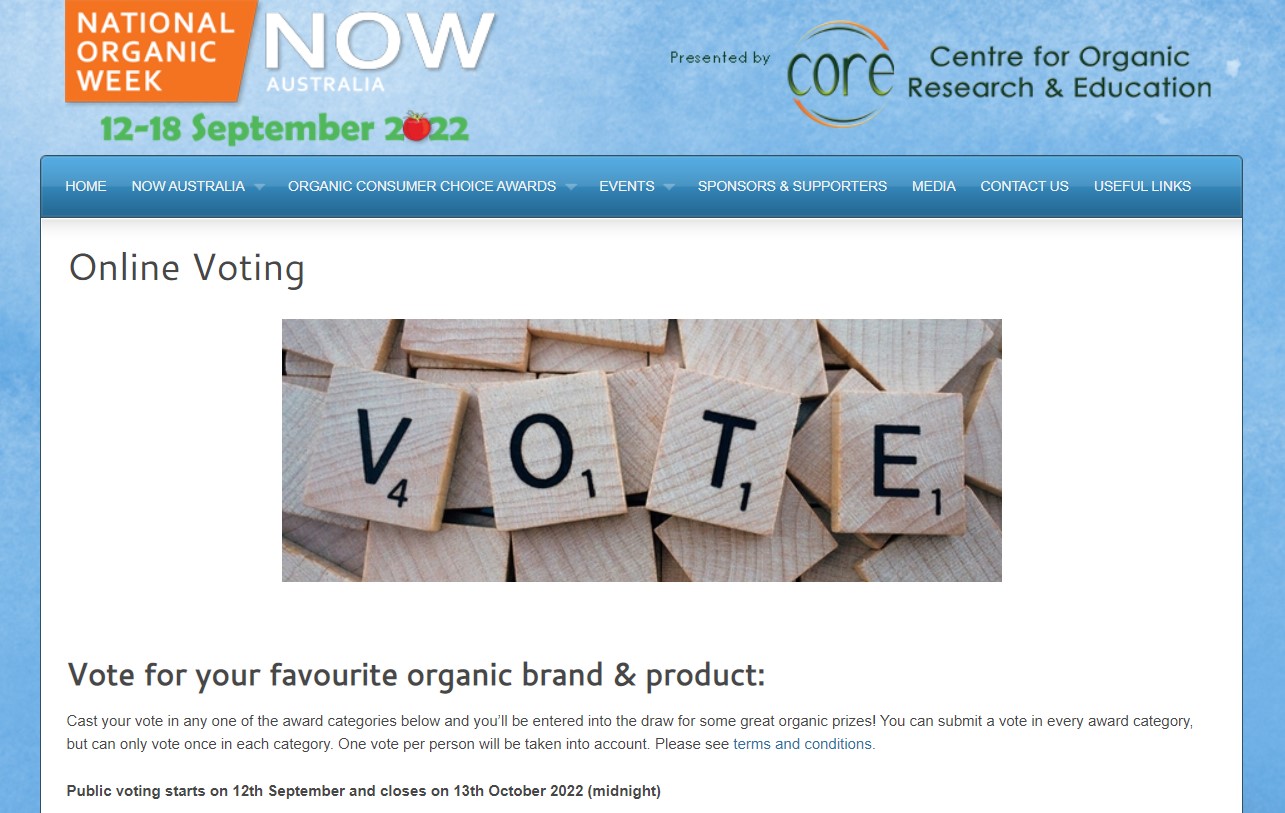 THANK YOU!
THANK YOU!.jpg) Seed Raising- It's time to start your summer vegie seeds. Keep an eye on your seedlings at this time of year when temperatures are fluctuating; keep seedling trays/pots warm & watered. If planting out directly in garden beds, patience is important. Things can take a while until conditions are ideal for germination.
Seed Raising- It's time to start your summer vegie seeds. Keep an eye on your seedlings at this time of year when temperatures are fluctuating; keep seedling trays/pots warm & watered. If planting out directly in garden beds, patience is important. Things can take a while until conditions are ideal for germination. .JPG) Speaking of fruit trees - our next door neighbor Tass1 Trees is holding his Spring Auction on Saturday, 8th October. Come and grab a bargain & pick up some fabulous soil to get your trees off to a flying start!
Speaking of fruit trees - our next door neighbor Tass1 Trees is holding his Spring Auction on Saturday, 8th October. Come and grab a bargain & pick up some fabulous soil to get your trees off to a flying start! 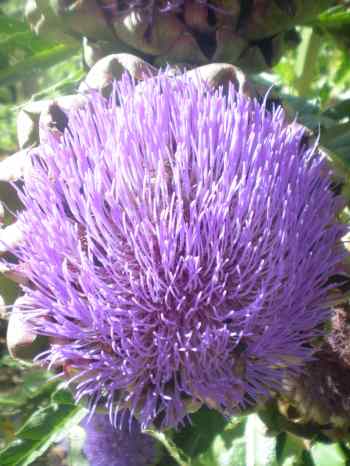 Check out our free '
Check out our free '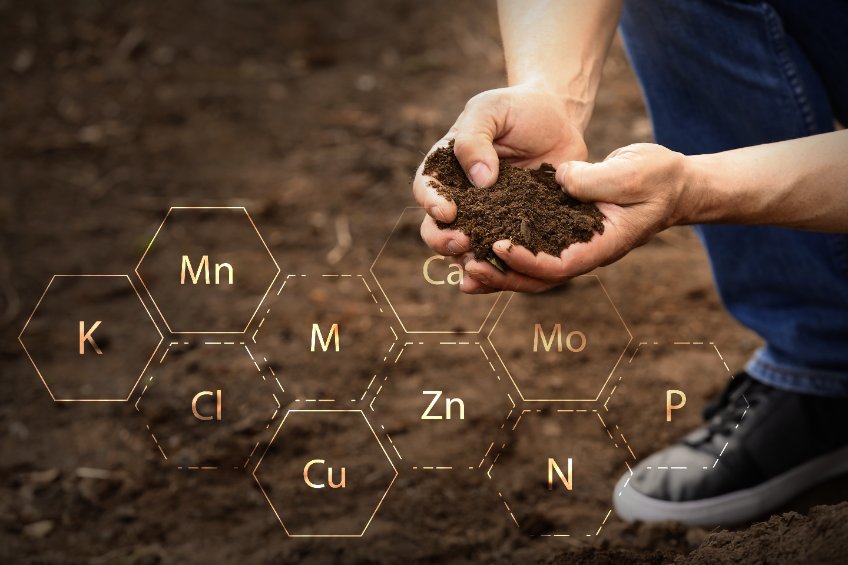 We always talk about having healthy "nutrient dense" vegies as a result of growing in healthy soil - but what does that really mean? There are a range of 'nutrients' - chemical elements, proteins, enzymes vitamins and minerals that we need for healthy bodily function; it's the same for all animals and plants. And sources of those differ - so as gardeners, how do we know what we need to do with our soil? Unfortunately without laboratory testing, it's impossible to accurately assess what is in a soil (and what's lacking) - although we can draw some conclusions by how plants grow - looking for tell tale signs of deficiency, poor growth and susceptibility to pests and diseases.
We always talk about having healthy "nutrient dense" vegies as a result of growing in healthy soil - but what does that really mean? There are a range of 'nutrients' - chemical elements, proteins, enzymes vitamins and minerals that we need for healthy bodily function; it's the same for all animals and plants. And sources of those differ - so as gardeners, how do we know what we need to do with our soil? Unfortunately without laboratory testing, it's impossible to accurately assess what is in a soil (and what's lacking) - although we can draw some conclusions by how plants grow - looking for tell tale signs of deficiency, poor growth and susceptibility to pests and diseases.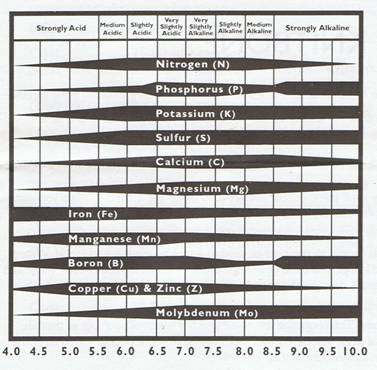 Here's a brief overview of nutrients and some of what they do for plants:
Here's a brief overview of nutrients and some of what they do for plants: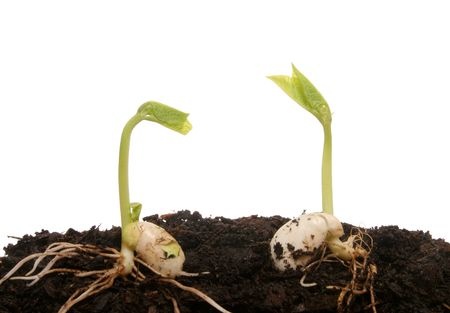 Manganese (Mn)
Manganese (Mn)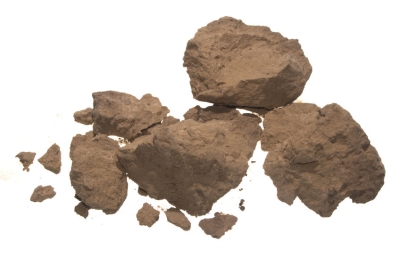 Other elements
Other elements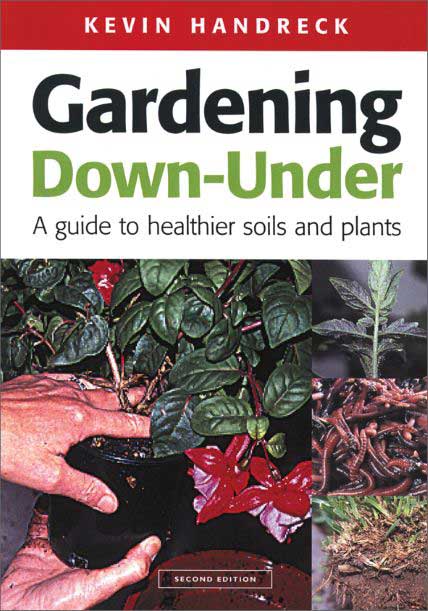 Want to know more?
Want to know more?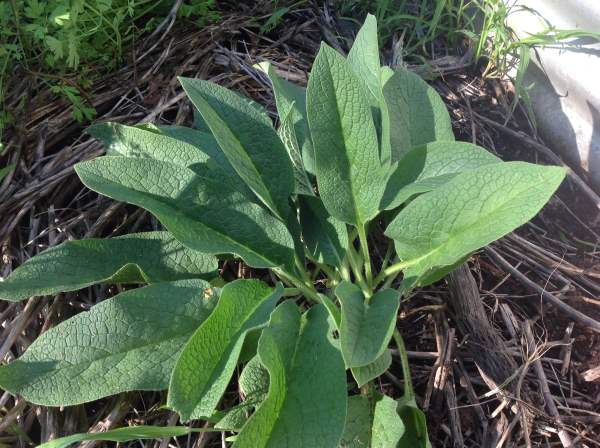 Comfrey (Symphytum officinale) is a herbaceous perennial related to Borage - and if you're keen on making your own compost and fertiliser at home, or improving your soil generally - you should consider adding at least one plant to your garden; it's an extremely useful plant.
Comfrey (Symphytum officinale) is a herbaceous perennial related to Borage - and if you're keen on making your own compost and fertiliser at home, or improving your soil generally - you should consider adding at least one plant to your garden; it's an extremely useful plant.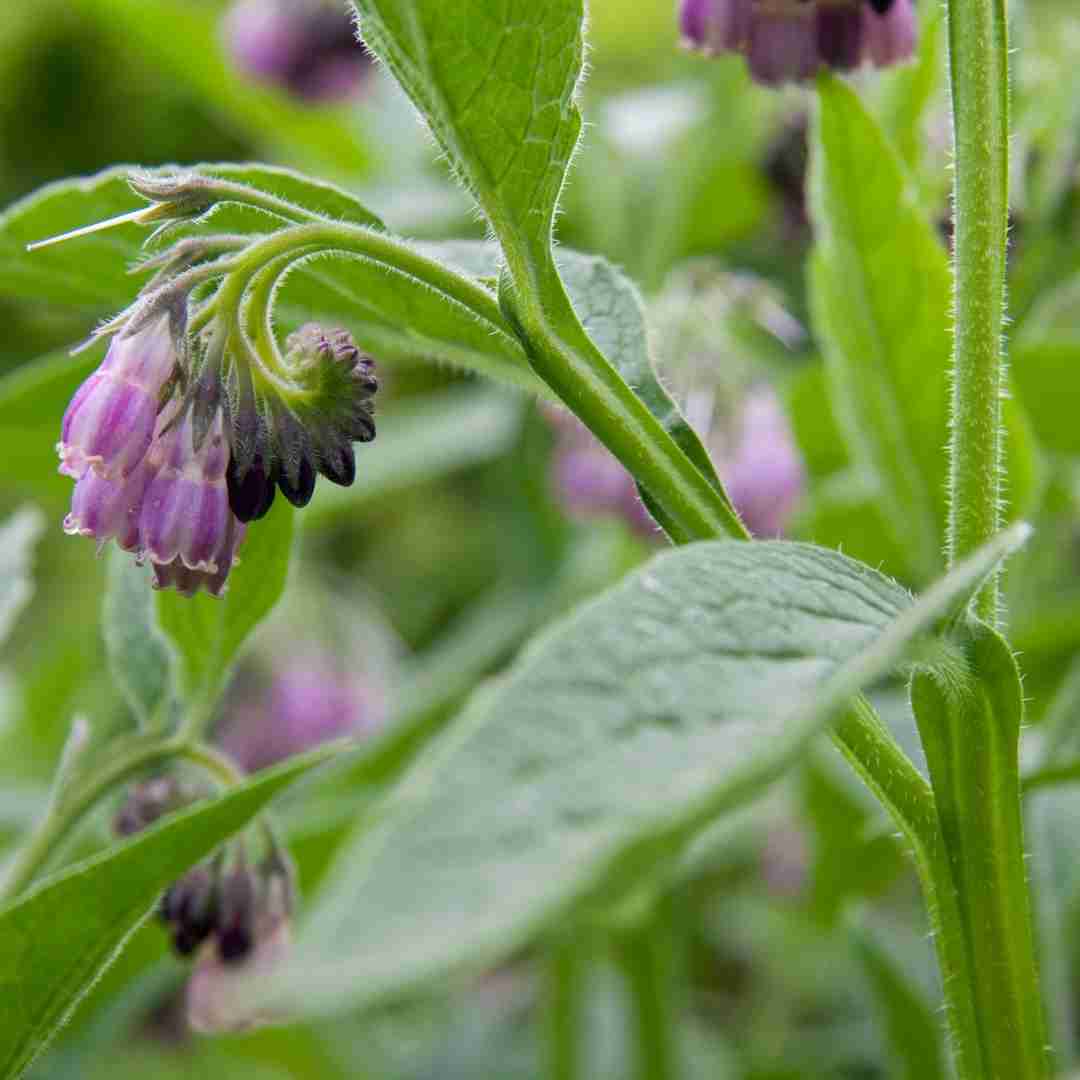 Comfrey Tea (Fertiliser)
Comfrey Tea (Fertiliser)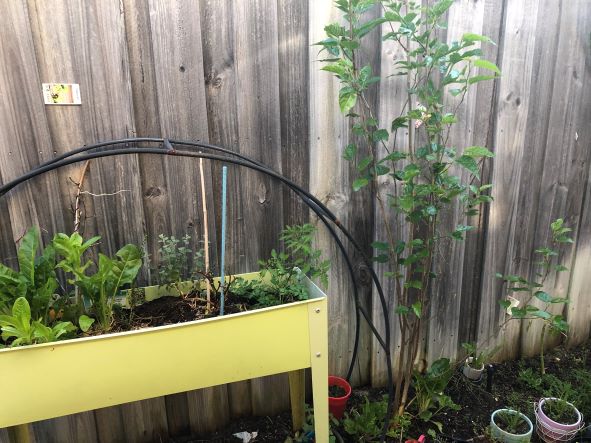 Congratulations to Irena D. who is the winner of our monthly photo competition. Irena has been sending in pictures for a while now - so it goes to show persistence pays off - she's this month's winner! Irena has lots of fruiting plants in her Ellenbrook garden - here's a young Mulberry tree. She also grows banana, apple, guava, fig, moringa, passionfruit, sambung, lilly pilly - as well as picking greens and herbs - both in the ground as well as her raised planter here.
Congratulations to Irena D. who is the winner of our monthly photo competition. Irena has been sending in pictures for a while now - so it goes to show persistence pays off - she's this month's winner! Irena has lots of fruiting plants in her Ellenbrook garden - here's a young Mulberry tree. She also grows banana, apple, guava, fig, moringa, passionfruit, sambung, lilly pilly - as well as picking greens and herbs - both in the ground as well as her raised planter here.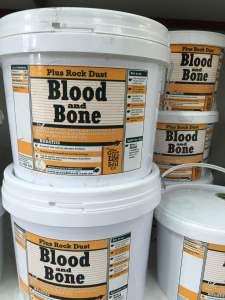 It's Spring and time to feed your garden! This month, VIP's can pick up a 3kg of our ever popular Certified Organic Blood & Bone for HALF PRICE. Normally $22, if you spend over $100 the B+B will cost you $11. Please mention this offer to our team member if you're shopping in store or placing an order over the phone.
It's Spring and time to feed your garden! This month, VIP's can pick up a 3kg of our ever popular Certified Organic Blood & Bone for HALF PRICE. Normally $22, if you spend over $100 the B+B will cost you $11. Please mention this offer to our team member if you're shopping in store or placing an order over the phone. 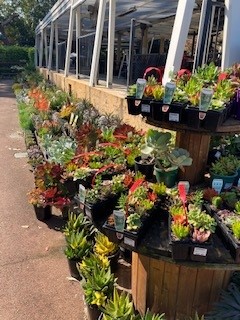 Kambarang Garden Centre (formerly Waldecks Bentley) - Bentley 9458 5944
Kambarang Garden Centre (formerly Waldecks Bentley) - Bentley 9458 5944






